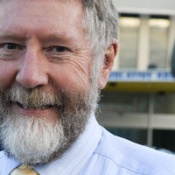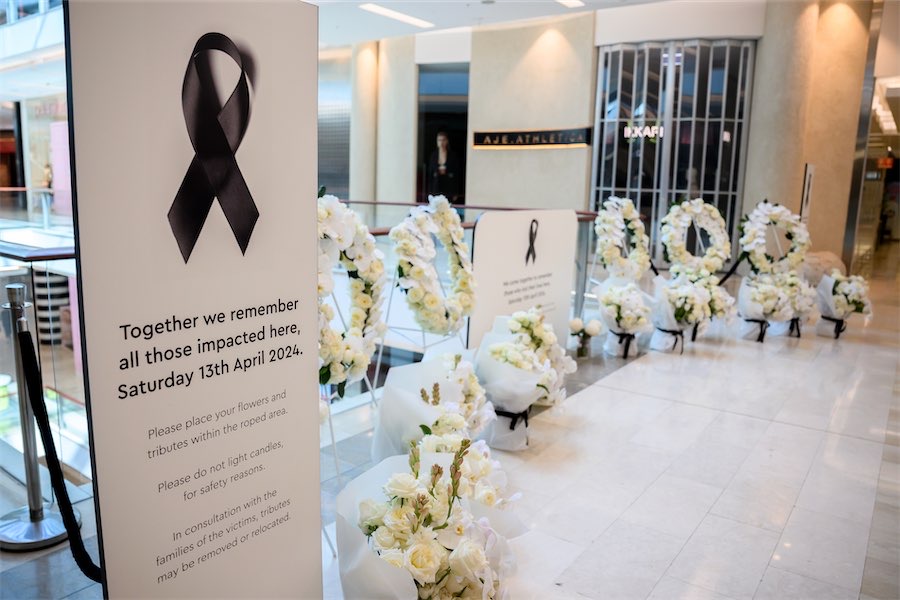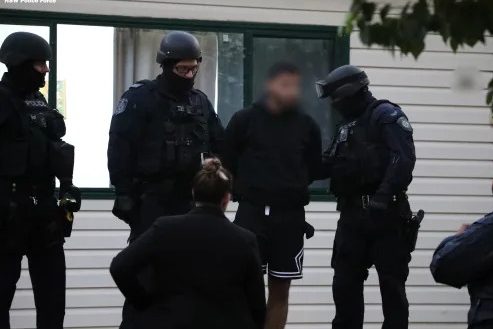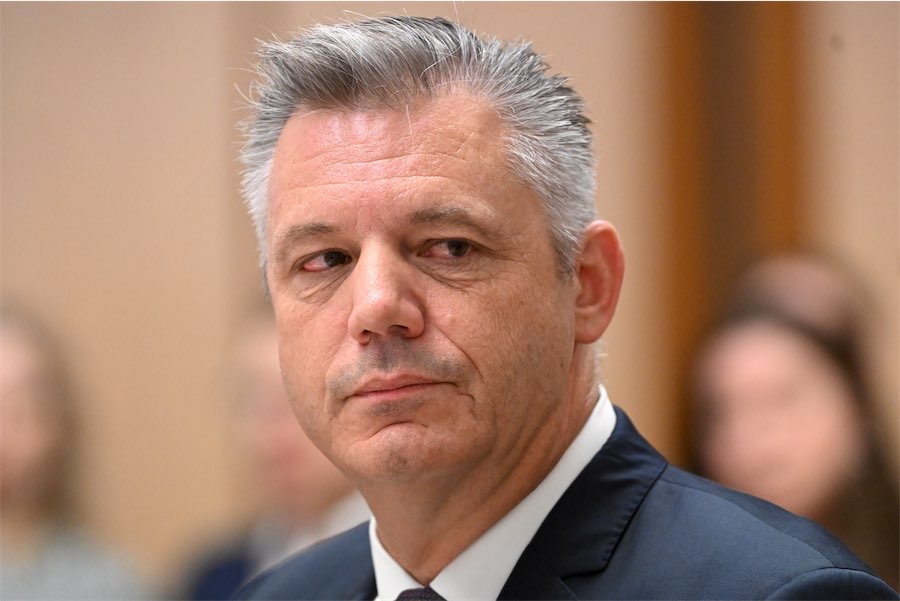THE final sitting of the seventh ACT Parliament was used by all the parties as an attempt to position themselves for the forthcoming election.

Although the NT election might give some hope, the ACT situation is remarkably different from the disposition of voters during the Queensland election in March, which resulted in a huge swing away from Labor in that State. In an attempt to achieve the same, the Canberra Liberals battle to undermine the credibility and popularity of the Chief Minister.
However, there is a second tranche to the strategy of the Canberra Liberals. A series of motions and announcements attempt to reinforce their traditional supporters and reach out for others. Deputy Opposition Leader Brendan Smyth presented a motion to the Assembly on payroll tax matters to secure support amongst medium-size businesses.
“The concerns which have come to my attention”, he said, “highlight how difficult it is for businesses, which have unresolved payroll tax matters, to plan their activities and to finalise their annual accounts and taxation matters”.
Opposition arts spokesperson Vicki Dunne called for support for the Canberra Symphony Orchestra from the Federal Government – avoiding arguments about where the money would come from in the ACT Budget. She pointed out that the current Commonwealth contribution of $100,000 is in marked contrast to their contribution of around $6 million to Tasmania and SA. Transport spokesman Alistair Coe is pushing an idea to improve safety at schools by installing flashing lights to highlight the 40km/hour zones. The Liberals have also promised to provide a third kerbside bin for compost and remove the ban on free plastic bags in supermarkets.
The Greens are pursuing their original environmental base while at the same time seeking support for their socially progressive policies. Amanda Bresnan has made a positive contribution to prisoner health and has recently made sensible propositions about a “safe shelter” for rough sleepers. The motion she successfully guided through the last sitting of the Assembly provides support for churches and other community groups involved in looking after the most disadvantaged members of the community.
Caroline Le Couteur has launched a comprehensive policy on pedestrian and cycling safety, which is about protecting the environment, building a healthier society and providing transport options for those who most need support. The Greens have promised an investment of $13.5 million if they win government. Whilst winning government at this election is really a forlorn hope – it is fair to say that the Greens are becoming more and more effective at using the balance of power to achieve the goals that drive them.
Shane Rattenbury mourned the “downgrading of the Commissioner for the Environment job classification”, while Meredith Hunter, the leader of the Greens in the Assembly, dwelt on the importance of the Human Rights Commission report in providing a “Blueprint for Youth Justice”.
Labor, under the leadership of Katy Gallagher, has also taken a two-fold approach. On the one hand, Labor wishes to stand on its record of delivering financially stable effective government and being prepared to take the hard decisions that are part of being in government. On the other, her election team is in the media pushing the sorts of issues that have set them apart from other governments across Australia. Attorney-General Simon Corbell has taken the Human Rights issue into a much more fraught area around the right to religious practice while Deputy Chief Minister Andrew Barr has announced that he will work closely with Tasmania to ensure a co-ordinated same-sex marriage legislative framework that will be difficult for the Federal Government to override.
There is much more to come in the lead up to the ACT election on October 20. However, the electorate is beginning to see differences in what the three main contenders for the election are likely to offer in the eighth Assembly. Of course, there will be overlapping policies between the parties. However, voters ought to see particular policies in the context of what the parties stand for and whether they are likely to have the courage and skills to deliver on their promises.
Michael Moore was an independent member of the ACT Legislative Assembly (1989 to 2001) and was minister for health.
Who can be trusted?
In a world of spin and confusion, there’s never been a more important time to support independent journalism in Canberra.
If you trust our work online and want to enforce the power of independent voices, I invite you to make a small contribution.
Every dollar of support is invested back into our journalism to help keep citynews.com.au strong and free.
Thank you,
Ian Meikle, editor





Leave a Reply